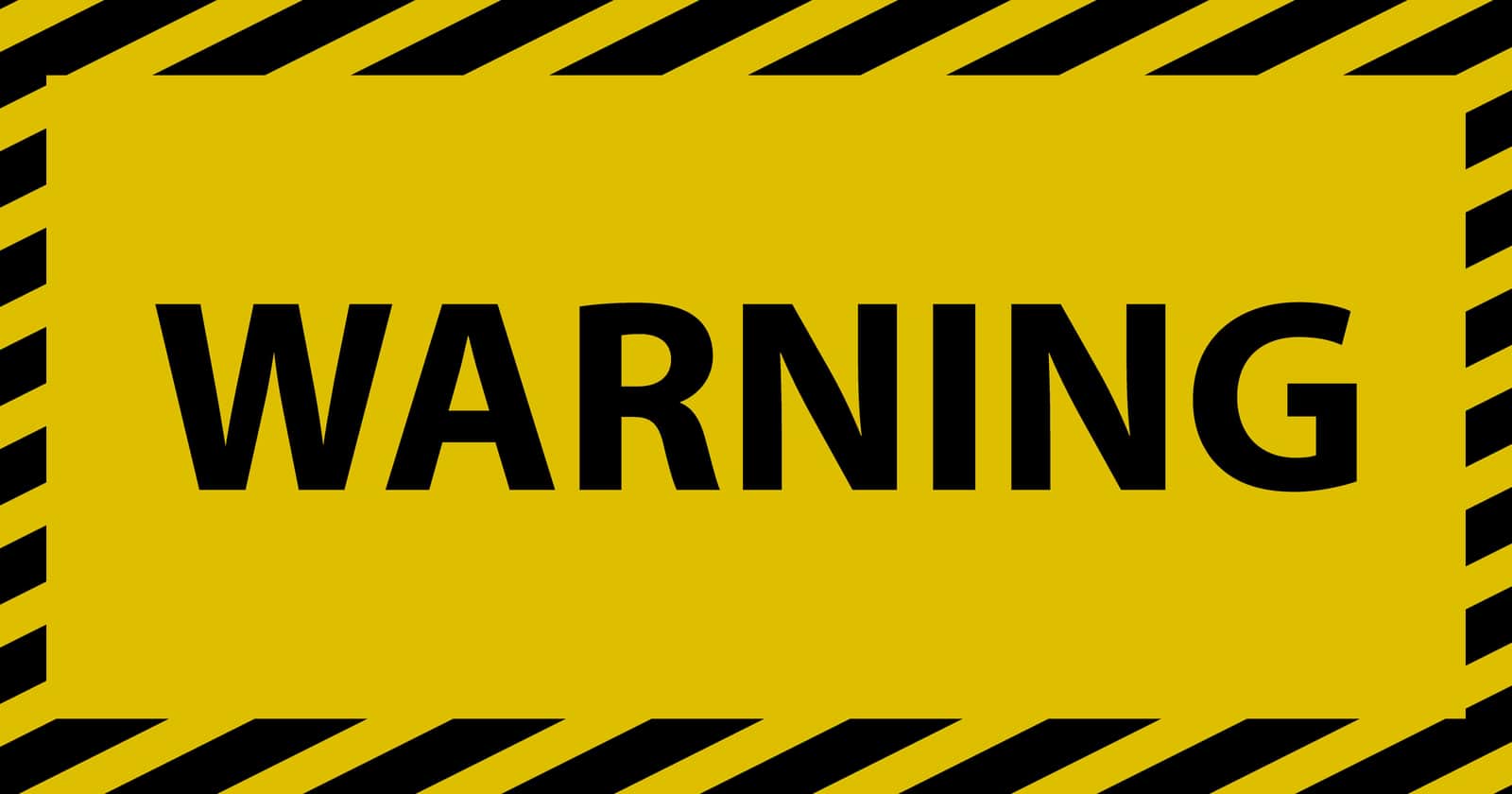
14 causes of wheezing—and how to treat it
Is wheezing serious?
Wheezing is an indication that you’re having problems breathing that can lead to a medical emergency. Seek immediate medical help if you or someone you’re caring for has:
A severe problem breathing
Passed out
A bluish tint to skin (which indicates the body isn’t getting enough oxygen)
Wheezing that occurs suddenly, say after eating a particular food or taking a particular drug (this could signal a life-threatening anaphylaxis allergic reaction)
Wheezing that occurs after ingesting a small object
When is a call to the doctor warranted? If you hear or feel a wheeze, but breathing isn’t labored and you don’t experience any of the above symptoms, then make an appointment to see your physician. “My advice to patients is if you’re super worried, go to the ER,” Dr. Neal says. “But if you’re not super worried and it doesn’t seem like an emergency, it’s still a good idea to reach out to your healthcare provider. Doctors know their patients best, and they can best tell you whether you need to come in and get seen or if you should head to the ER.”
It’s also important to make an appointment with your provider if your wheezing never really improves or keeps coming back.
How to stop wheezing
Healthcare providers will ask about your symptoms and diagnose wheezing by listening to your chest with a stethoscope. Other office tests, such as a spirometry reading in which you forcefully breathe out into a tube called a spirometer, can tell a physician how well your lungs are working. Depending on what your doctor may suspect is causing your wheezing, other tests, such as a pulmonary function test or a chest X-ray may be ordered.
Medications
What medications treat wheezing? Bronchodilators relax the airway muscles and are first-line treatment for wheezing. “Albuterol is the classic rescue medication,” notes Dr. Neal. It’s a short-acting bronchodilator typically delivered via an inhaler or nebulizer (a machine that turns liquid medicine into a mist to be inhaled). It’s considered a “rescue medication” because it works quickly but doesn’t give long-lasting results. Your provider may prescribe other bronchodilators or steroids to ease inflammation.
Of course, treating the underlying cause of wheezing is an important component to controlling the symptoms. “If GERD is causing respiratory concerns, for example, then treatment of the GERD is optimal,” explains Dr. Hui. “Sometimes we find that the cause is multifactorial. The patient may have asthma, GERD, and stress—in which case, it’s important to address all contributing factors.”
At-home remedies for wheezing
There are no at-home remedies for wheezing, but you can avoid what triggers your asthma. Get vaccines to protect yourself against the flu and COVID-19. If GERD is an issue, avoid foods that can lead to acid reflux, such as alcohol, chocolate, and tomato products, don’t eat within three hours of bedtime, and sleep with your head propped up. When you have a cold or your child has the croup, increase fluid intake and use a humidifier to help thin mucus secretions. While these measures won’t decrease inflammation in the lungs, they can ease congestion so you can move air in and out of your upper airway more easily. For persistent wheezing, it’s best to get professional medical advice from a physician. If you have shortness of breath, visit an emergency department or call 911.
Wheezing is an indication that you’re having problems breathing that can lead to a medical emergency. Seek immediate medical help if you or someone you’re caring for has:
A severe problem breathing
Passed out
A bluish tint to skin (which indicates the body isn’t getting enough oxygen)
Wheezing that occurs suddenly, say after eating a particular food or taking a particular drug (this could signal a life-threatening anaphylaxis allergic reaction)
Wheezing that occurs after ingesting a small object
When is a call to the doctor warranted? If you hear or feel a wheeze, but breathing isn’t labored and you don’t experience any of the above symptoms, then make an appointment to see your physician. “My advice to patients is if you’re super worried, go to the ER,” Dr. Neal says. “But if you’re not super worried and it doesn’t seem like an emergency, it’s still a good idea to reach out to your healthcare provider. Doctors know their patients best, and they can best tell you whether you need to come in and get seen or if you should head to the ER.”
It’s also important to make an appointment with your provider if your wheezing never really improves or keeps coming back.
How to stop wheezing
Healthcare providers will ask about your symptoms and diagnose wheezing by listening to your chest with a stethoscope. Other office tests, such as a spirometry reading in which you forcefully breathe out into a tube called a spirometer, can tell a physician how well your lungs are working. Depending on what your doctor may suspect is causing your wheezing, other tests, such as a pulmonary function test or a chest X-ray may be ordered.
Medications
What medications treat wheezing? Bronchodilators relax the airway muscles and are first-line treatment for wheezing. “Albuterol is the classic rescue medication,” notes Dr. Neal. It’s a short-acting bronchodilator typically delivered via an inhaler or nebulizer (a machine that turns liquid medicine into a mist to be inhaled). It’s considered a “rescue medication” because it works quickly but doesn’t give long-lasting results. Your provider may prescribe other bronchodilators or steroids to ease inflammation.
Of course, treating the underlying cause of wheezing is an important component to controlling the symptoms. “If GERD is causing respiratory concerns, for example, then treatment of the GERD is optimal,” explains Dr. Hui. “Sometimes we find that the cause is multifactorial. The patient may have asthma, GERD, and stress—in which case, it’s important to address all contributing factors.”
At-home remedies for wheezing
There are no at-home remedies for wheezing, but you can avoid what triggers your asthma. Get vaccines to protect yourself against the flu and COVID-19. If GERD is an issue, avoid foods that can lead to acid reflux, such as alcohol, chocolate, and tomato products, don’t eat within three hours of bedtime, and sleep with your head propped up. When you have a cold or your child has the croup, increase fluid intake and use a humidifier to help thin mucus secretions. While these measures won’t decrease inflammation in the lungs, they can ease congestion so you can move air in and out of your upper airway more easily. For persistent wheezing, it’s best to get professional medical advice from a physician. If you have shortness of breath, visit an emergency department or call 911.
Advertisements
11 March 2022
Advertisements



